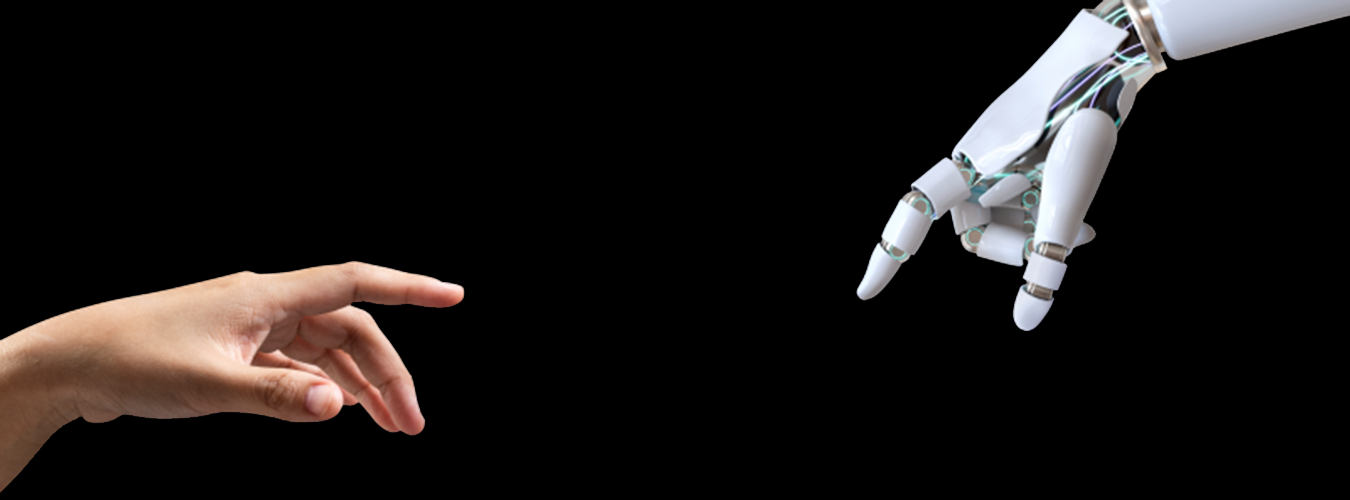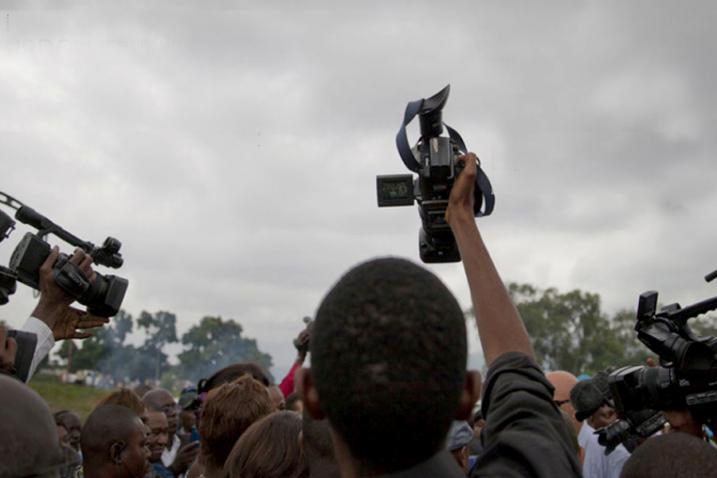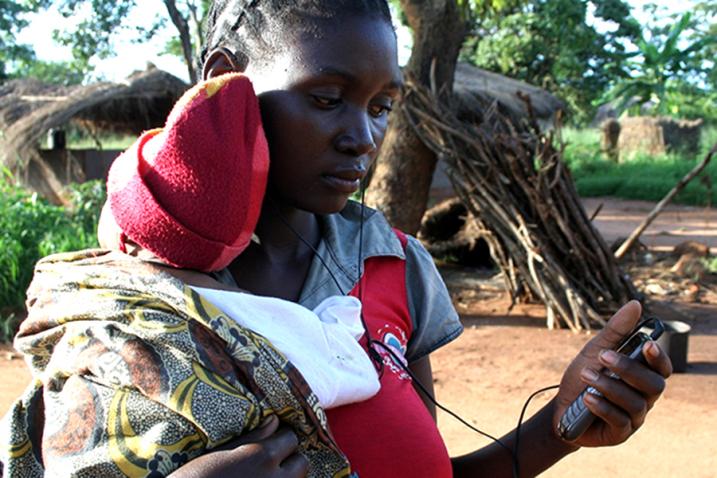Artificial intelligence, e-governance and access to information
Artificial Intelligence and e-governance can play an important role to improve access to information in our digital world. They can help bridge the digital divide, by giving citizens access to tailor-made and accessible information. They can assure services that are more efficient. Citizens can access public sector information and services nearly instantly. Making government services digital enhances transparency and accessibility.
However, these developments also raise questions about fundamental rights and ethical use of Artificial Intelligence and e-Governance by public institutions. Since Artificial Intelligence uses citizen data, how do we protect the privacy of citizens? Because Artificial Intelligence can determine what information we access, on which ethical principles is this determined?
The 2022 edition of the International Day for Universal Access to Information (IDUAI) will be an opportunity to discuss e-Governance and Artificial Intelligence with a view to assuring the Right to Access Information. The theme will enable discussions about both the benefits and risks of e-Governance and Artificial Intelligence. Practical tools and best practises will also be discussed, especially in view of the presentation of policy guidelines for public sector information and a declaration that will affirm the right to information against the backdrop of good governance principles.
IDUAI over time: Access to Information and its international recognition from 2016 to 2022
#AccessToInfoDay
#RightToKnow
Access to information
Informed citizens can make informed decisions, for instance, when going to the polls. Only when citizens know how they are governed, can they hold their governments accountable for their decisions and actions. Information is power. Therefore, universal access to information is a cornerstone of healthy and inclusive knowledge societies.
Universal access to information means that everyone has the right to seek, receive and impart information. This right is an integral part of the right to freedom of expression. The media plays a crucial role in informing the public about issues of interest, but it relies on the ability to seek and receive information, too. Hence, the right to universal access to information is also bound up with the right to freedom of the press.
Background
On 17 November 2015, the United Nations Educational, Scientific and Cultural Organization (UNESCO) declared 28 September as International Day for Universal Access to Information. Considering that several civil society organizations and government bodies in the world have adopted and currently celebrate this observance, the UN General Assembly also adopted 28 September 2019 as the International Day for Universal Access to Information.
UNESCO and its intergovernmental programs - the International Programme for Development of Communication and the Information for All Programme - provide a platform and frame for all the stakeholders to participate in international discussions on policy and guidelines in the area of access to information. Both programs also enable positive environment for ATI to flourish through the development of projects aimed to strengthen open science, multilingualism, ICTs for disabled and marginalized, and media and information literacy.
Event
Global Conference on Universal Access to Information 2022
28 September 2022
The global conference opening ceremony taking place in Tashkent, Uzbekistan, will launch the 2022 edition of the Day. The opening ceremony will welcome all participants to the International Day for Universal Access to Information. It will recall the crucial importance of implementing access to information legal frameworks, stressing the need to continue to act together towards the establishment of resilient, inclusive knowledge societies. Following the opening ceremony, panel discussions will discuss “Artificial Intelligence, e-Governance and Access to Information”.
Resources
Related Websites
- UNESCO: International Day for Universal Access to Information
- UNESCO: International Programme for Development of Communication
- UNESCO: Information for All Programme
- UNESCO: Access for people with disabilities
- UNESCO: SDG 16.10.2 Questionnaire and Methodology
- UNESCO: Monitoring and reporting on access to information
- Global Issues: Big data for Sustainable Development
- Broadband Commission for Digital Development (ITU & UNESCO)




